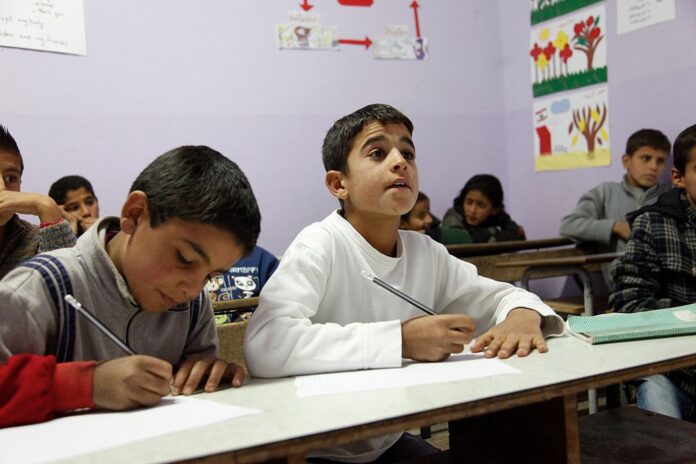
In a peremptory and perhaps disorienting way, some politicians and economists have emphasized three topics: a) There would be no necessary connection between democracy and equality, some degree of economic inequality is inevitable, democracy is powerless against it; b) globalization would not have caused any inequality, on the contrary, it would promote equality; c) aid to poor countries would be useless or unnecessary.
The first point is referred to Adam Przeworsk, internationally renowned political scientist. The second is linked to Peter Lindert, John Williamson, Andrea Boltho, Giuseppe Toniolo, as well as the World Bank (World Development Report). The third point, the one on aid, is by Angus Deaton, Nobel Prize in Economics in 2015, according to which “if conditions in the recipient country are hostile to development, aid is useless; if, on the other hand, aid is favorable it becomes superfluous. What it takes, is to increase technical support and to stop selling weapons to poor countries”.
The first concept is perhaps the hardest to accept, even if proven by American experience. In fact, in the USA the internal gap between rich and poor has steadily increased until 2008, even if in the twentieth century, unlike previous centuries, 80% of global inequality reflected inequality between nations,while only 20% was attributable to internal disparities (Branko Milanovic, in Review of Economics and Statics, 2015). The truth is that only political and legal egalitarianism is the true fulcrum of democracy, while the economic one is not, which can at most constitute a general principle, as in Article 3 of the italian Constitution, the only one in which equality is spoken of without any declination in other specific rules.
Moreover, we live and share the idea of the free market, and “to the extent that democracy needs the free market and political policy fails to control the operating rules, democracy ends up living with economic inequality: the two can be compatible” (Alacevich – Soci Breve storiadelladisuguaglianza,Laterza 2019).
Some people wonder: can economic inequality undermine democracy? Certainly yes, stated by economists and political scientists such as Thomas Piketty, Branko Milanovic, François Bourguignon, Paul Krugman. The economic and social power would convert to political power, leading to oligarchy. In fact, the political system is used or practiced more from those who rank better in society (Nadia Urbinati – Micromega 2014).
Of the three main factors of inequality, health care, education, social mobility, fundamental element of the quality of human resources, it has also become crucial to the economic growth of the rich. Since inequality is a disintegrating factor of human capital, the wealthy classes might be better off reducing inequality for their own sake (Alacevich-Soci). An economic setback that should come as no surprise, since we’ve all always been in the same boat, as Pope Francis said.







